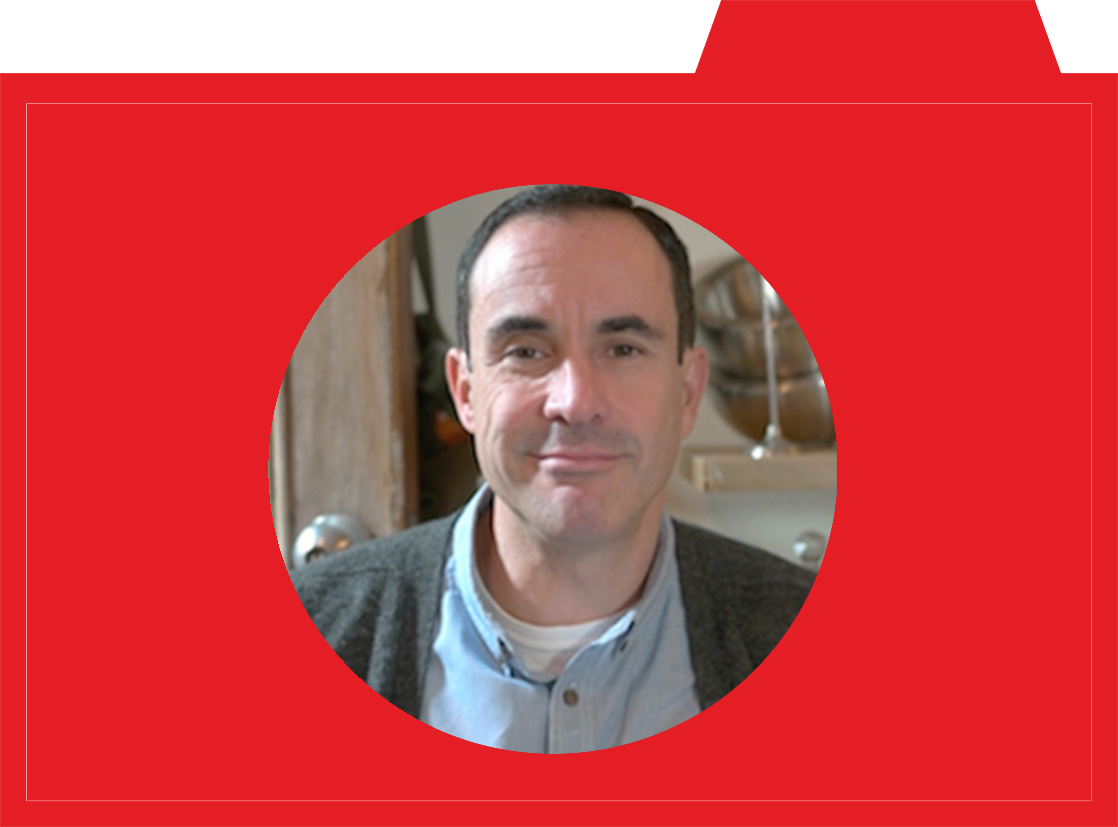When research transparency is personal

Gregg Gonsalves was in his 20s when his partner approached him in tears, telling him the relationship had to end. Why? Gonsalves’ partner was diagnosed HIV-positive. It was the late 1980s, before the discovery of life-saving anti-retroviral drugs to treat HIV. Rather than ending the relationship, Gonsalves threw himself into HIV/AIDS research advocacy.
He joined an activist group called ACT UP (The AIDS Coalition to Unleash Power) and began reading through pages and pages of data about clinical trials (medical studies in which potential drug treatments are tested on people). “We were pouring over the information on clinical trials,” Gonsalves said, “trying to make sense of what this meant for us and for our friends and family, and we got deeply involved in thinking about how the clinical trials were run and how reliable and rigorous the results were.”
In that pre-internet era, ACT UP members reached out to leading scientists and statisticians to get answers to their clinical trial questions. When they needed to, they would sneak into medical libraries, including, for Gonsalves, the one at NYU Medical School to find information. They barged into research meetings, staged demonstrations at the FDA and National Institutes of Health (NIH), but soon became allies of the scientists that were targets of their initial protests. They were fearless, Gonsalves recalls.
Years later, the FDA would approve a second generation of anti-retroviral drugs, which dramatically extended the lives of those living with HIV. Gonsalves then turned his attention to the question of how to get these life-saving drugs to people who needed them in lower-income countries. For much of the start of the 2000s, he collaborated with activist groups, among them the Treatment Action Campaign, to expand access to the drugs in South Africa, and the rest of the world.
“[Trial] results need to be verified and reproduced, and the entire knowledge base on a given medical product has to be shared widely in order to know the truth about the drugs people are taking.”
After decades of advocacy work, Gonsalves decided to embark on a new phase in life. Nearly 25 years after he had dropped out of college at Tufts, he went back to school at Yale to get his undergraduate degreee graduated in 2011, and then enrolled in the graduate program at Yale’s School of Public Health, where he is now a Ph.D. candidate.
But as much as he had seen going back to school as a new chapter, one of Gonsalves’ driving interests continued to be improving transparency and reliability in medical research. Together with colleagues at Yale Law School, he set up the Global Health Justice Partnership (GHJP). Some of the projects that GHJP takes on are inspired by the years Gonsalves spent struggling to get access to HIV clinical trial results. In one instance, the group placed a FOIA request with the FDA to get data from clinical trials of Hepatitis C drugs, and when the data wasn’t released, the group filed a lawsuit. Most recently, Gonsalves and colleagues at GHJP and the Yale Open Data Access (YODA) Project formed the Collaboration for Research Integrity and Transparency at Yale (CRIT). CRIT seeks to make all clinical trial data accessible to researchers and patients, and to ensure that standards for drug approval are strengthened so that patients and doctors have the information they need to make informed medical decisions.
When it comes to research, Gonsalves emphasizes that data sharing is crucial—results need to be verified and reproduced, and the entire knowledge base on a given medical product has to be shared widely in order to know the truth about the drugs people are taking. With a new administration coming to D.C. next year, he is hopeful that advocates for transparency in clinical research will be able to make some new headway: “If we all work together, we could see a whole new set of reforms enacted. We have a big opportunity ahead of us.”
Gregg Gonsalves is co-director of the Global Health Justice Partnership (GHJP) at Yale, and a Research Scholar at Yale Law School; he co-founded the Collaboration for Research Integrity and Transparency (CRIT).

Recent Comments